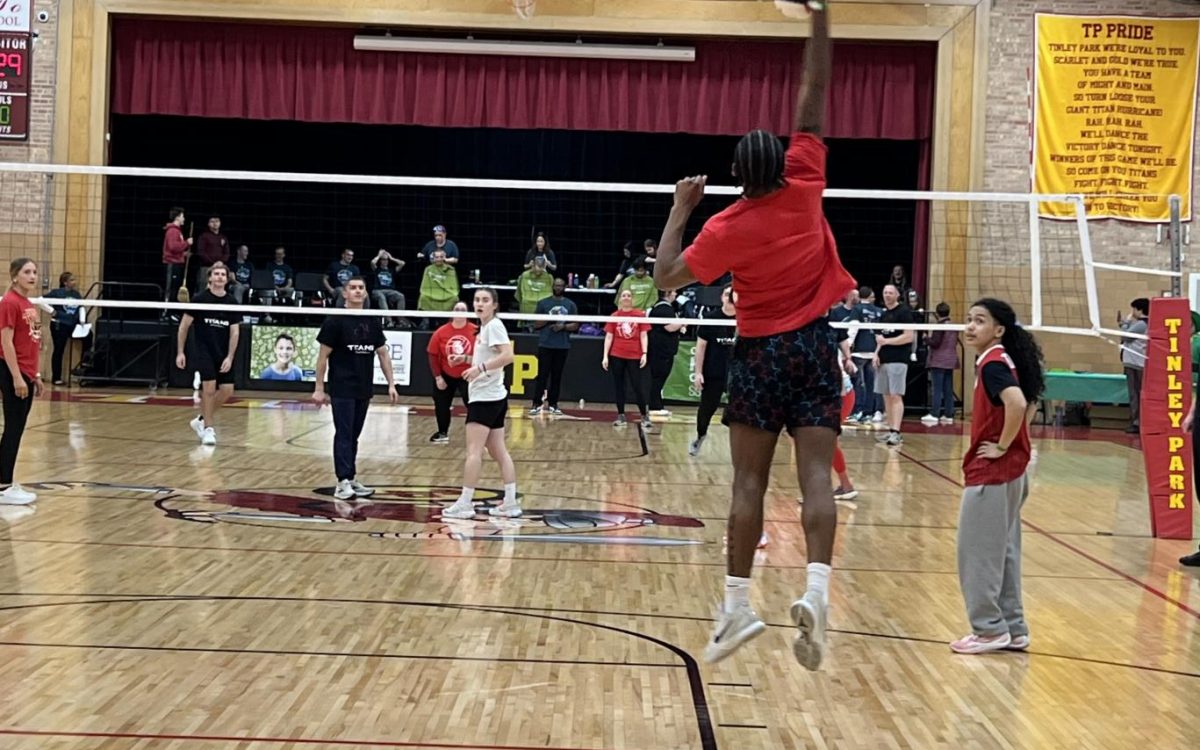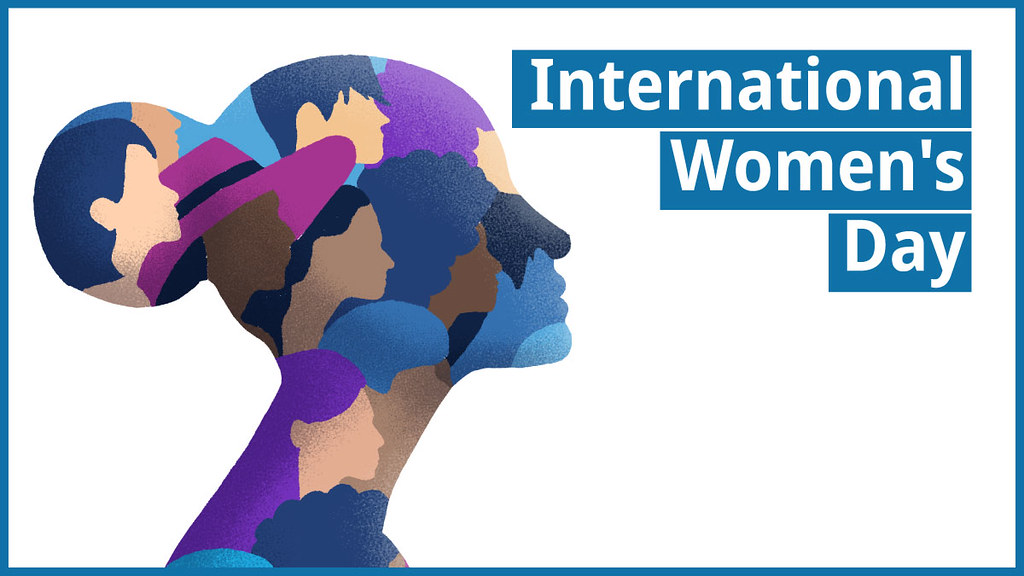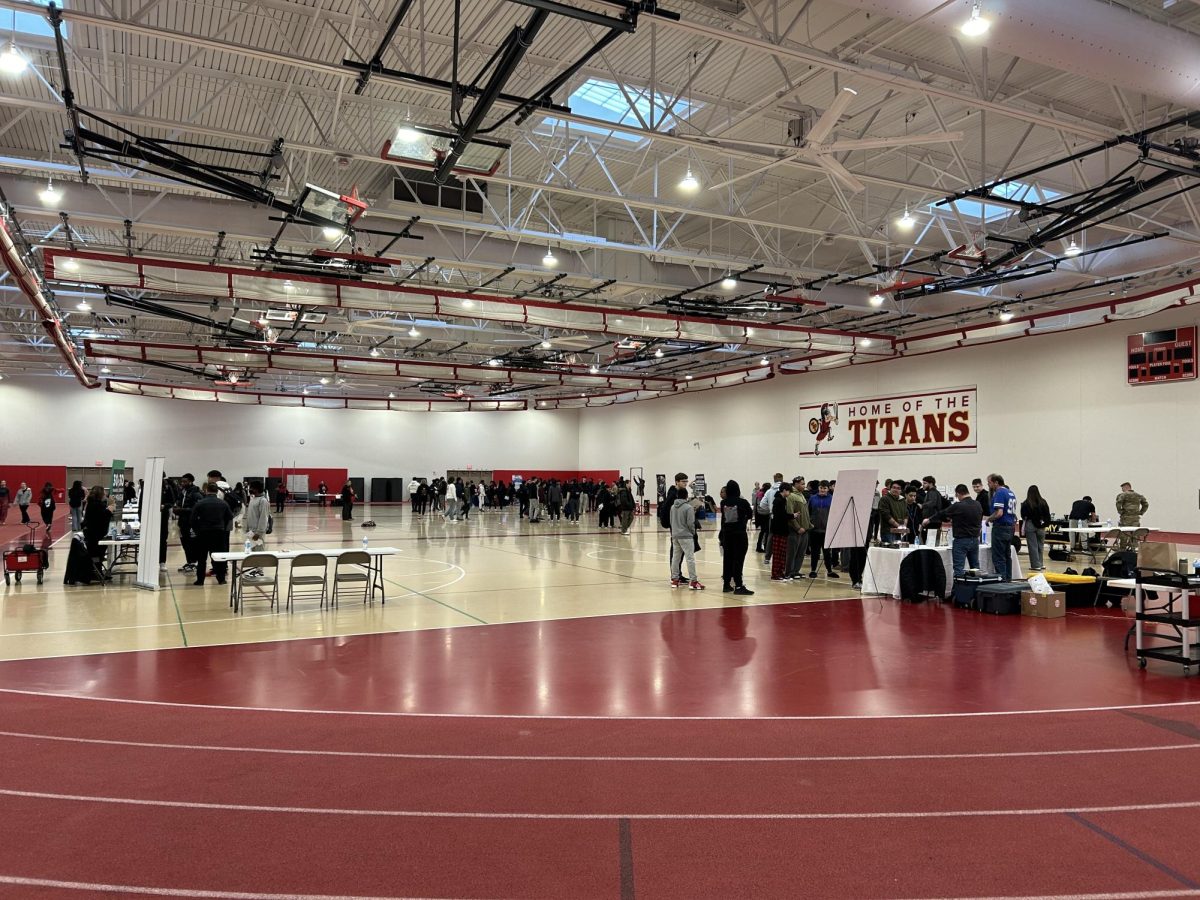It is known for experts and doctors to say that sleep is important because it is. Based on my research I discovered that babies ages 4-12 months need 12-16 hours per day, 1 to 2 year old’s need 11-14 hours per day, 3 to 5 year old’s need 10-13 hours per day, 6 to 12 year old’s need 9-12 hours per day, 13 to 17 year old’s need 8-10 hours per day, and adults need 7 or more hours per day.
With the correct amount of sleep according to your age, experts say that a person’s health will improve mentality and physicality. The question people should ask themselves is, “Do we always get the amount of sleep we need every night?”
The amount of sleep a person gets is valuable because it’s associated with how well that person can function and can make it throughout the day without feeling over-tired. Lack of sleep can result in cardiovascular disease, diabetes, depression, and hypertension. A study shown by Matthew Walker and Eti Ben Simon, from UC Berkeley research, said that over the past 20 years, they have discovered a very intimate link between our sleep and mental health. Another study from the Centers for Disease Control and Prevention said that 1 in 3 adults in the U.S. are not getting enough sleep. This is what is causing the connection between mental health and the amount of sleep you get. This could also lead to sleep deficiency. Symptoms of this include heart disease, kidney disease, and high blood pressure. It’s important to recognize how sleep works, so none of this occurs.
Not all sleep is the same, which can make the concept of sleep complicated. The brain cycles repeatedly through two different types of sleep which include REM (rapid-eye movement) sleep and non-REM sleep. Non-REM sleep is the first part of the cycle. This is composed of four stages. First, being awake and falling asleep. Second is light sleep, which happens when your heart rate, breathing regulation, and body temperature drops. Finally, the third and fourth stages are deep sleep. When your brain starts to cycle into REM sleep, your eyes move rapidly behind closed lids. Breathing rates also increase.
In the end, not getting enough sleep can be a main reason for health issues and mental health problems. If a person is not getting the proper amount of sleep, there are a few activities they can do to help them to get more sleep. The list includes; making sure to get exercise, not using any electronic devices at least 30 minutes before going to bed, having a quiet room, and avoiding any caffeine before you go to sleep. If these strategies are not helpful, a more drastic series of events may be necessary to further investigate.
Sources accessed:







